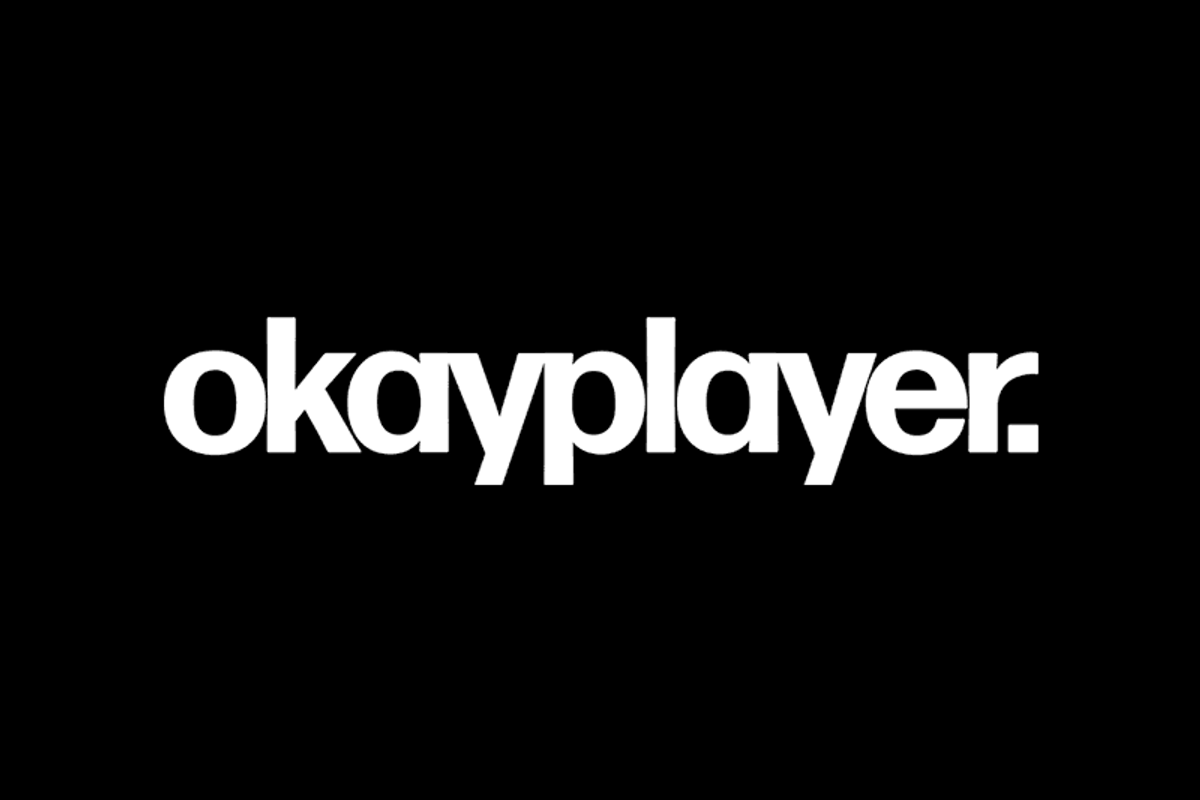
Ta-Nehisi Coates Talks Reparations, Confederate Statues & More In New Interview
Source: YouTube
To continue reading
Create a free account or sign in to unlock more free articles.
By continuing, you agree to the Terms of Service and acknowledge our Privacy Policy
Register
The content is free, but you must be subscribed to Okayplayer to continue reading.
THANK YOU FOR SUBSCRIBING
Join our newsletter family to stay tapped into the latest in Hip Hop culture!
Login
To continue reading login to your account.
Forgot your password?
Please enter the email address you use for your account so we can send you a link to reset your password:


Some of the topics discussed between Coates and Democracy Now's Amy Goodman and Juan González are below.
On the "Unite The Right" white supremacist rally in Charlottesville and why the Confederate statues have become the rallying call of the movement:
Well, it makes sense. I mean, the Civil War was the most lethal war in American history. The casualties in the Civil War amount to more than all other wars—all other American wars combined. More people died in that war than World War II, World War I, Vietnam, etc. And that was a war for white supremacy. It was a war to erect a state in which the basis of it was the enslavement of black people. And so that, you know, these forces that I discussed, that really, you know, bubbled from the base of the Republican Party and that Trump nakedly activated, would then rally around the cause of the Confederacy makes complete sense.
On the removal of Confederate statues across the country:
I’m happy to see that sort of awareness. I came up in a period where a show like Dukes of Hazzard was on TV, and people just basically accepted the Confederate flag in a sort of way, even as African Americans knew deep in their heart there were something deeply wrong with that. It’s good to see, you know, that there’s some sort of mass movement moving in that direction. I will say that there is some danger if it simply stops at taking down statues. I think the basic problem—and I think, honestly, this country has proved to itself over and over again—is a real lack of understanding of what the Civil War was and what its consequences were and the fact that we live with it, you know, even today. And so, I just—you know, I support the removal of the statues, but I just want to make sure that we’re not skipping over a conversation, you know, by taking down symbols and saying, 'OK, that’s nice. That’s over.'
On reparations:
I think it would be a series of small local cases based on very, very specific claims. We think of reparations as this grand sort of action, you know, the Supreme Court passing judgment, for instance, that black folks are owed X number of billion or trillion dollars, or Congress perhaps passing a bill, signed by a president, and then, you know, there being this national reparations fund. It’s not so much that I’m against that, but I suspect what will actually happen, or what would actually happen, in terms of a practical thing, is you would see folks look into specific instances. Virginia, for instance, I believe, you know, had a reparations fund for African Americans who were denied access to public schools in the wake of the response to Brown v. The Board. The sterilization cases in North Carolina, where black women were sterilized, and there were reparations claims made on their behalf. The torture of African Americans in Chicago by Jon Burge, a gentleman who worked for the Chicago Police Department, a successful reparations claim was made there.
Read or watch the rest of the interview here or below.